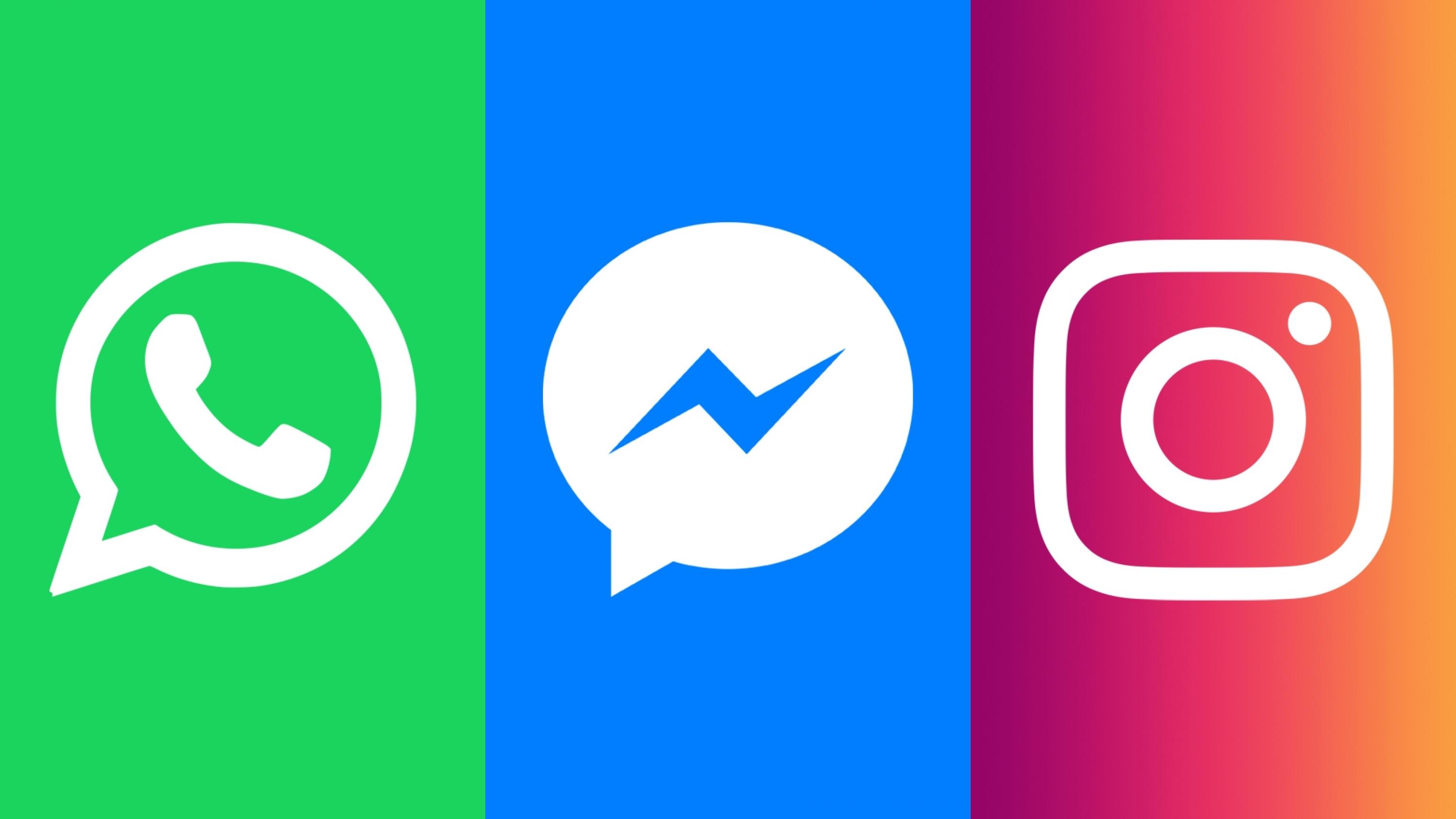Will Facebook's Branding on Instagram and WhatsApp Help Advertisers?
This article by Marketing Land talks about how most advertisers on Instagram and companies on WhatsApp know they’re owned by Facebook; however, nobody knows that for sure. Facebook’s plans to include their branding on both concerns are set to change that.
“Instagram from Facebook”
“WhatsApp from Facebook”
You’ll get used to it….. It’s all about Facebook’s integration of apps and creating a unified architecture. However, how is that set to change the game for marketers?
Could Facebook and its current privacy problems actually hurt Instagram and WhatsApp? Alternatively, will adding the clout of the Facebook name strengthen the whole? Marketing Land asked the people that matter that question and the replies revealed mixed feelings from the professional marketers likely to be impacted by the change.
Aaron Goldman is the CMO for 4C, an ad management platform, and Facebook marketing partner. He mentions that Facebook has been positioning Instagram and WhatsApp as part of the “Facebook Family of Apps” for some time now:
“Savvy advertisers have been taking a portfolio approach to budget allocation and creative optimization across the platforms,” said Goldman, “Changing the names of Instagram and WhatsApp will help strengthen the association with Facebook in the minds of the consumers and further compel brands to optimize their program holistically.”
The question here is whether this will have an impact on consumers? Ashley questioned the consumer perception aspect. “From a consumer standpoint, Facebook brings a massive amount of credibility and privacy baggage, not to mention a fundamentally more monetized, less community-led approach to engagement,” said Ashley, “I think these factors have the potential to turn many core users of Instagram and WhatsApp off, especially in the near term.”
What he means is that shunning users might mean less engagement for brands. That’s not good for ads and ROI. Josh Thompson is senior social media strategist for Portent Digital Agency. He doesn’t think changing the name of Instagram or WhatsApp will make much difference.
“I do not feel the rebranding will hurt marketers or advertisers. I suspect the shift in branding will be subtle and few people will notice in the beginning, eventually being an afterthought,” said Thompson. He thinks it will help tie together Facebook’s network of apps for people, and ultimately improve the overall user experience.
Two years ago there was a lot of press and noise about the new Instagram logo, which lasted for a week,” said Thompson, “Instagram has since grown at an incredible speed.”
Who Cares Who Owns What?
Whether users care who owns these platforms is unknown. Nick Smith is a Digital Content Specialist for the City of Gaithersburg in Maryland. He isn’t convinced.
“I don’t think people are that aware that WhatsApp is part of the Facebook ecosystem. I do think there’s a higher proportion of people who know Facebook owns Instagram. The app is more popular and more interconnected — both in design and functionality — with the Facebook platform,” said Smith, “I think there’s a larger number of people who feel, as long as the platform does what they need it to do, it doesn’t matter to them who’s pulling the strings.”
Bigger is Stronger
Forrester Analyst Brandon Verblow believes the move falls in line with Facebook’s long term business plans:
“As Facebook seeks to monetize WhatsApp, and with its foray into payments with Calibra, Facebook wants to make its messaging platform more business-friendly. Unifying its messaging products is one way to do that,” said Verblow, “It’s also possible that Facebook sees antitrust clouds gathering on the horizon and wants to bind its products more tightly together to make it more difficult for the government to break them up.”
Even Cambridge Analytica hasn’t affected Facebook’s advertising revenue. In fact, all of this might just see it become stronger. What do you guys think?

